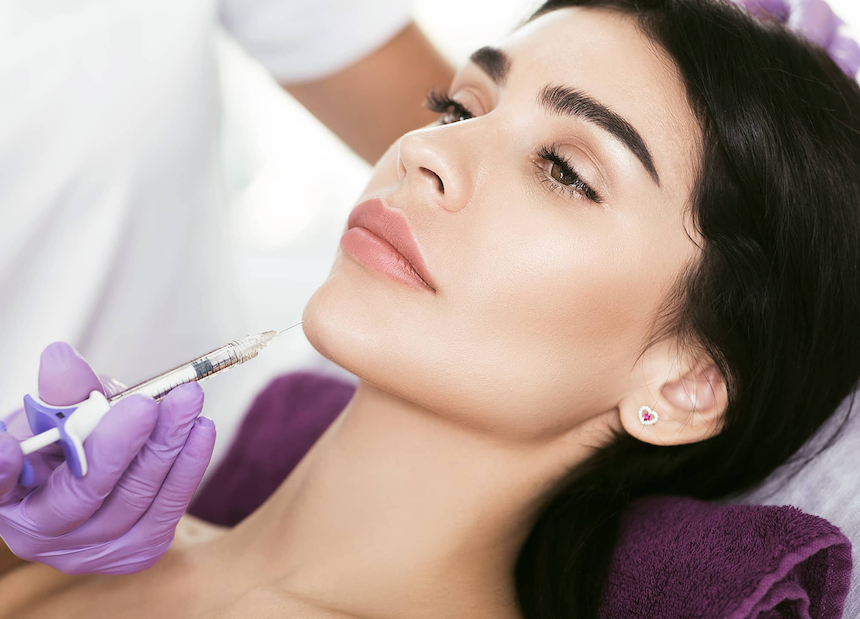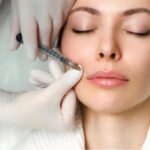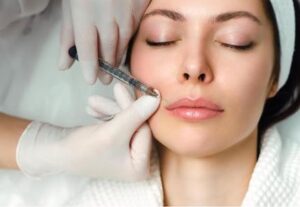
Addiction is often associated with substances such as alcohol, cigarettes, or drugs; however, it can also take on physical and mental forms. Media coverage of addiction to these substances is plentiful for a reason – behavioural addictions are just as detrimental to the affected individual’s life and those close to them. People who frequently engage in activities that bring them pleasure and satisfaction are said to suffer from ‘behavioural addiction’. Too much of this can lead to a dangerous obsession with cosmetic surgery, resulting in excessive and unnecessary procedures.
What Causes Cosmetic Surgery Addiction?
From a lopsided tooth to asymmetrical breasts, it’s not uncommon for people to have at least one body part they don’t find pleasing. However, if you are constantly searching for physical defects and requesting more plastic surgery procedures than what is necessary, you may be suffering from Body Dysmorphic Disorder (BDD) or addiction to plastic surgery.
What Is Body Dysmorphic Disorder?
Body dysmorphic disorder (BDD), also known as body dysmorphia, is an issue that primarily affects adolescents and young adults. It causes those affected to be preoccupied with perceived flaws in their physical appearance – even if they are not noticeable to others.
Many individuals with Body Dysmorphic Disorder (BDD) mistakenly believe cosmetic surgery is the solution to their mental and emotional problems, but in reality, it only masks them temporarily. As they keep searching for perceived flaws that cannot actually be altered by physical means, these patients will never find satisfaction or contentment through procedures such as plastic surgery.
Social Factors
Social factors also have a significant impact on addiction to plastic surgery. In today’s always-connected society, young children and impressionable individuals are unfortunately more exposed to inflated ideas of beauty, whether that exposure comes from movies, music videos, or even the news. Given those superstars like the Kardashian family are frequently featured in news stories discussing their newest diet plan or breast augmentation or reduction, it is not unexpected that young people are growing up thinking they are ugly or imperfect. These media sources have presented plastic surgery as being essential.
Social factors may skew our perception of beauty, but they may also lead to psychiatric issues like BDD, which may require cosmetic surgery therapies rather than a cosmetic surgery procedure to fix.
Addiction’s effects, whether to drugs or cosmetic procedures, can be very harmful to your health. The dangers of a plastic surgery addiction are severe: you run the risk of developing chronic depression, which can cause significant problems in your social and professional life; you also run the risk of falling out with loved ones who are trying to support you when you feel scared or upset.
The greatest concern, though, is the effect that various cosmetic procedures can have on your body. Excessive cosmetic surgery patients run the danger of developing permanent skin and muscle damage, including squeezed muscles and significant scarring.
How To Get Help for Cosmetic Surgery Addiction
There are rehabilitation facilities all across the UK that offer counselling and support to people who are addicted to cosmetic surgery. In particular, cognitive behavioural treatment (CBT) may assist people in recovery in understanding how body dysmorphic disorder relates to their addiction and in overcoming the compulsively low self-esteem that the disorder is associated with.
Your life should not be dictated by cosmetic surgery. If you or someone you know is struggling with a plastic surgery addiction, please get in touch with your GP for further details on what to do and where to go. If your cosmetic surgery has gone wrong, it is vital that you speak to a cosmetic surgery solicitor as soon as possible.
By Michael Saul, Partner at Cosmetic Surgery Solicitors
- How Addictive Is Cosmetic Surgery? - February 16, 2023






